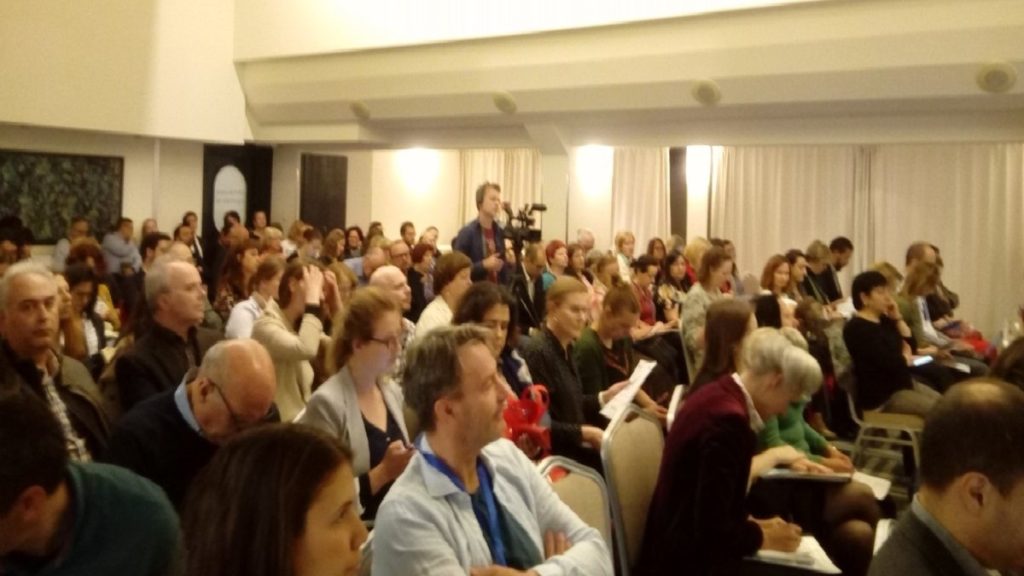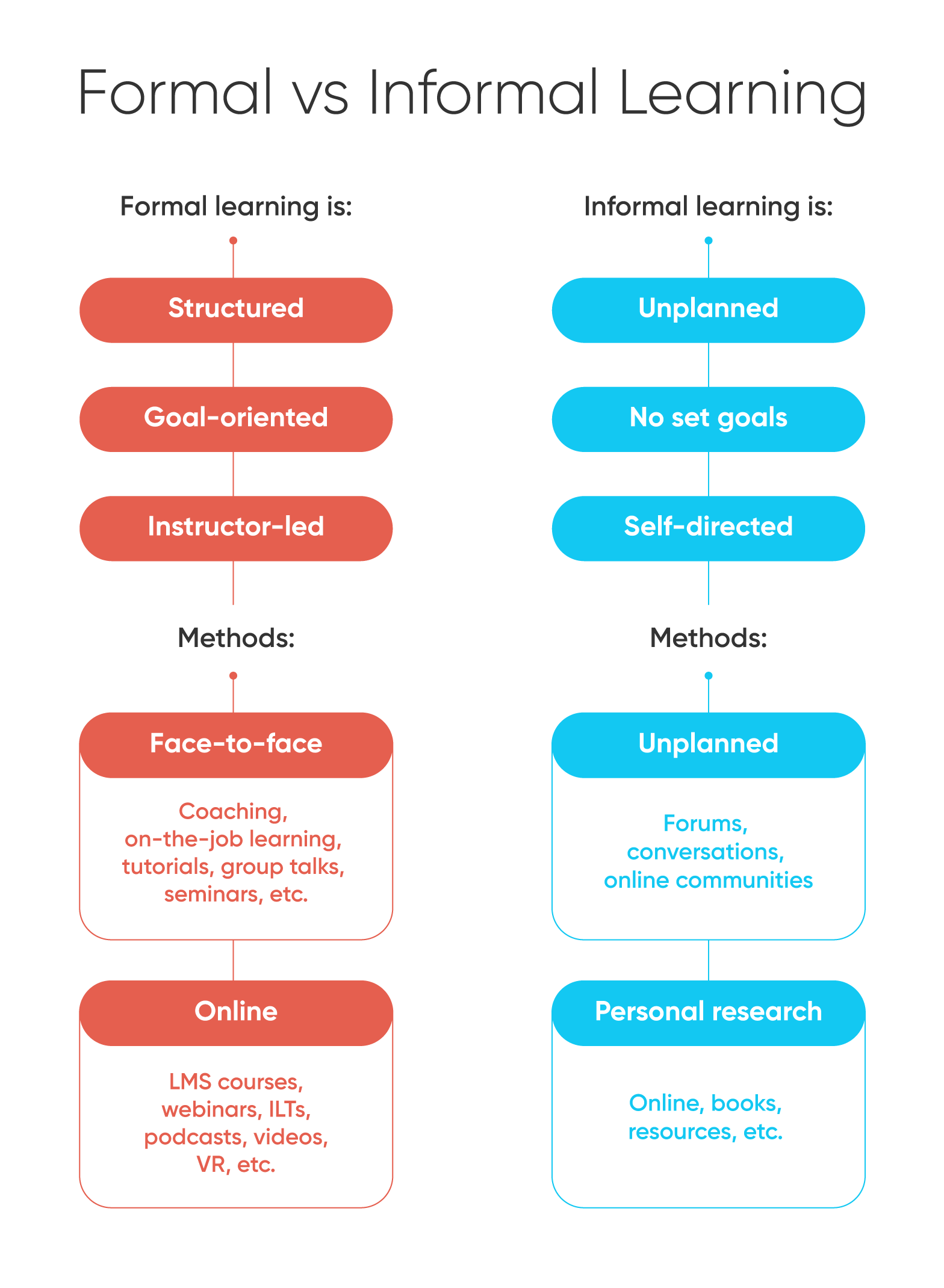

Moreover, anthropologists noted that complex learning still takes place within indigenous communities that had no formal educational institutions.


This concept of formal learning being the socio-cultural accepted norm for learning was first challenged by Scribner and Cole in 1973, who claimed most things in life are better learnt through informal processes, citing language learning as an example. Traditionally formal learning takes place in a school or university and has a greater value placed upon it than informal learning, such as learning within the workplace. The debate over the relative value of formal and informal learning has existed for a number of years. 8 Flexible schooling or participatory schooling.

The learner's objectives may be to increase skills and knowledge, as well as to experience the emotional rewards associated with increased love for a subject or increased passion for learning.
Examples of non formal education professional#
Įxamples of non-formal learning include swimming sessions for toddlers, community-based sports programs, and programs developed by organisations such as the Boy Scouts, the Girl Guides, community or non-credit adult education courses, sports or fitness programs, professional conference style seminars, and continuing professional development. These form the three styles of learning recognised and supported by the OECD. Non-formal learning includes various structured learning situations which do not either have the level of curriculum, syllabus, accreditation and certification associated with ' formal learning', but have more structure than that associated with ' informal learning', which typically take place naturally and spontaneously as part of other activities. It will always play a very important role in education.Khamla Panyasouk of Big Brother Mouse in Laos reads to children We should not, however, forget the important knowledge element just because formal education seems to prefer it. Tolerance is an example of an attitude that we often see develop using non-formal education. Non-formal education, on the other hand, is often much more based on skills and also has attitude-based learning objectives. It can support personal development, as well as improve an individual’s professional skills. The main advantage of non-formal education is it’s flexibility and ability to adapt to individual people’s current needs and the continual changes in society. Non-formal education has numerous advantages in personal development in comparison to traditional formal education. “Non-formal learning is purposive but voluntary learning that takes place in a diverse range of environments and situations for which teaching/training and learning is not necessarily their sole or main activity.” Advantages of Non- Formal Education Innovative Education Center believes in the empowerment of people and that they can make changes in the World for living in a better society! Furthermore Innovative Education Center gives the people the chance to express themselves, to be active within the society and to learn in a different way through non-formal educational practice. We know through experience that different ideas, perspectives and backgrounds create a stronger and more creative work environment that delivers better results. Where there is a deep sense of pride, passion and belonging that transcends any role, business unit, language or country and is unified in our shared commitment to excellence, innovation and social responsibility. We strive to build and nurture a culture where inclusiveness is a reflex, not an initiative. To be engaged, you must feel included and valued.


 0 kommentar(er)
0 kommentar(er)
